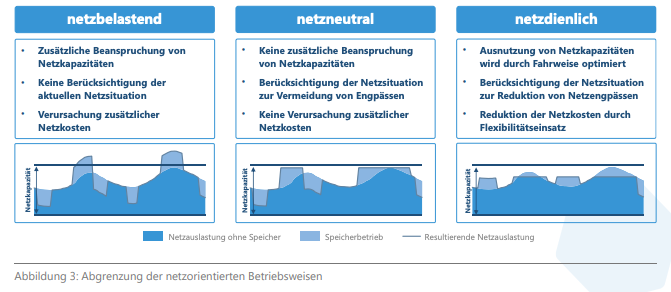Don't bite the grid that feeds you
Reflections on construction cost subsidies.
Given the BGH decision on BKZ for BESS (don’t mind the acronyms if they’re new to you, all will be revealed), we return ‘home’ for a stop-over in our series on the world-wide-grid. All apparent opinions seemingly developed while attempting to understand this complex topic are my own.
What is the role of big batteries with respect to the grid? Consider two alternative perspectives.
Kyon Energy has the unapologetically robust view that big batteries should not be asked to pay grid development costs because batteries inherently support the grid.
Is the network operators' business practice of collecting the construction subsidy therefore illegal? Unfortunately, in the end, this is a question for lawyers, which Kyon Energy is currently having clarified in ongoing abuse proceedings with the Federal Network Agency. In the meantime, numerous grid operators are continuing to collect the construction subsidy for battery storage systems — with all negative consequences for the distribution of storage systems in the German power grid. Kyon Source Link
In contrast, developers like Green Flexibility stay out of the legal drama and focus on developing a dialogue with DSOs, investing to improve the quality of conversation outside the courtroom.

An important aspect of this approach is to admit the possibility that a battery could in principle cause additional stress to the grid. This helps to build a bridge to the concerns of BESS-skeptics.
If the operation of a storage facility is not aligned with the actual grid load, it must be assumed that the storage system will, in some situations, require additional grid capacity. The connection of such a storage system therefore generally causes costs for the expansion of the public grid (investment criterion), which is why the BKZ must be paid. Similarly, the operation of a storage system that burdens the grid could trigger (additional) grid operator interventions in the sense of redispatch measures or § 14a EnWG (operational criterion). Ffe Source Link
Everyone agrees that the German grid is under stress. To take a system designed for centralised supply and make it work efficiently with de-centralised and fluctuating renewable power is a great challenge.


